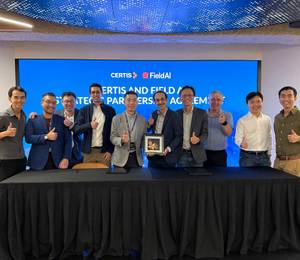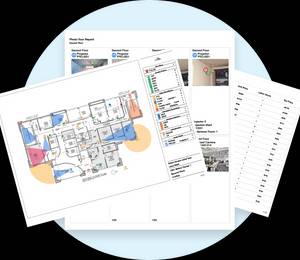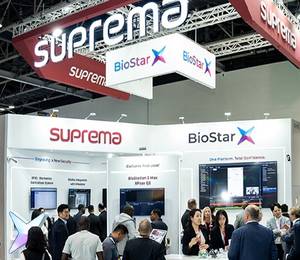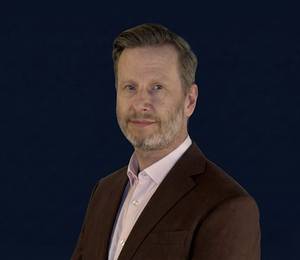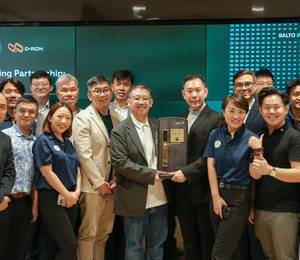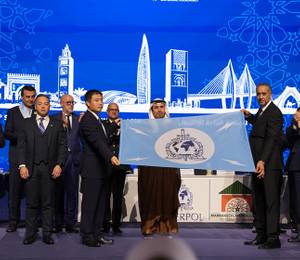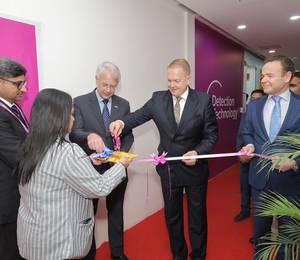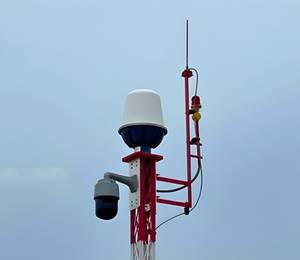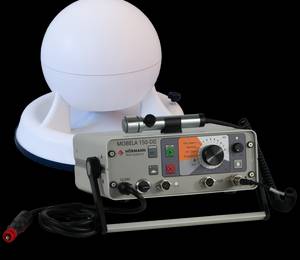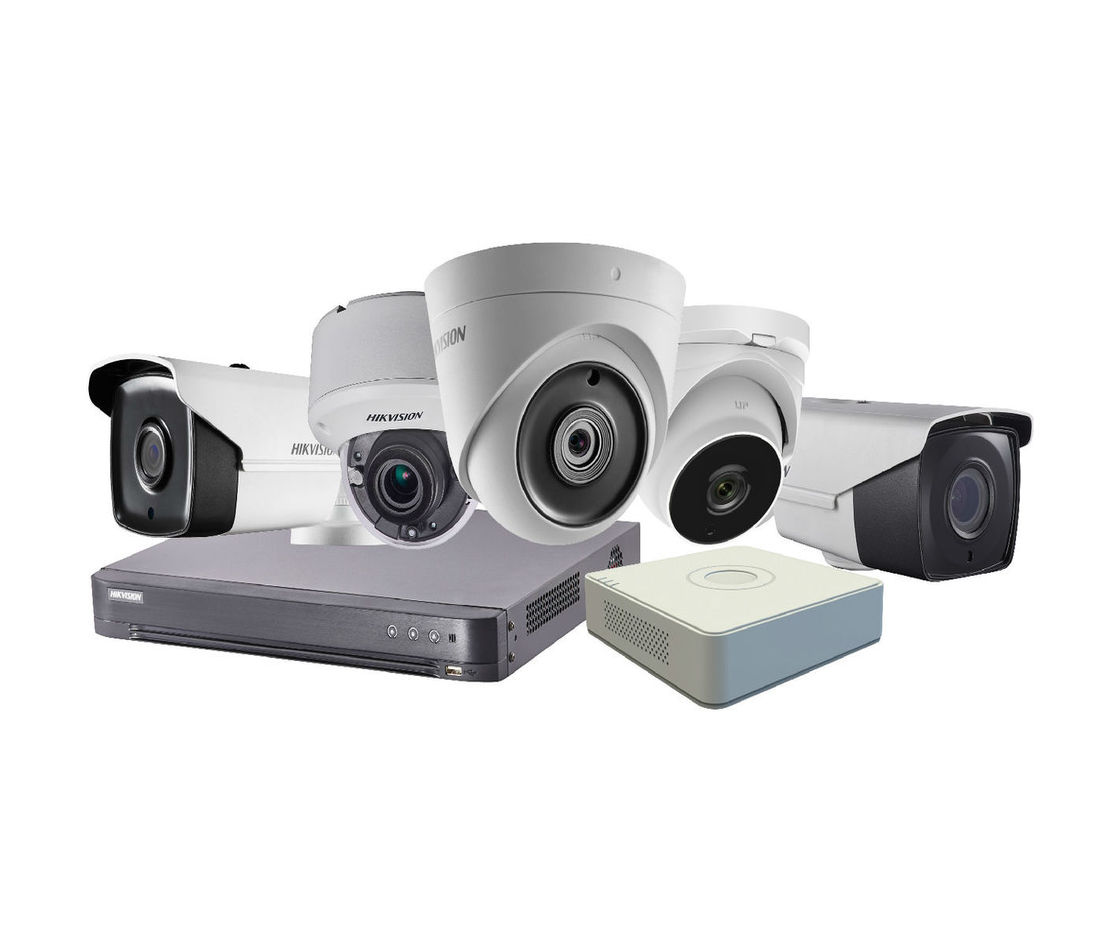BEIJING -- Hangzhou Hikvision Digital Technology, the world leader in surveillance camera systems, is growing rapidly by exploiting its close ties to the Chinese government and tapping demand among countries strengthening anti-terrorism measures.
As monitoring technologies increase in sophistication, Hikvision is forging into the field of mobile surveillance, such as with robots and drones. It partnered this year with such international technology players as American chipmaker Intel and German software developer SAP in hopes of improving its product offerings.
Strong at home
"We plan to provide Shenzhen's traffic police with services that use artificial intelligence and other cutting-edge technology," said CEO Hu Yangzhong at an Oct. 10 ceremony marking the opening of a joint laboratory with public security authorities in the city.
Moving beyond surveillance cameras, Hikvision is offering systems for capturing the license plate numbers of moving vehicles. Coinciding with the opening of the new lab, it is introducing new technology for recognizing drivers' faces and big-data analysis, aiming to improve safety in the transportation field.
Hikvision's deep ties to the central government are a major strength on the home front. President Xi Jinping toured company headquarters in 2015. Visitors in the past year have included an official from a central Communist Party committee on internet safety and informational leadership -- led by Xi and Science and Technology Minister Wan Gang -- and a technology official from the Ministry of Public Security. Hikvision has also set up a joint lab with security authorities in its home of Hangzhou.
Domestic sales are jumping as Chinese authorities install more surveillance systems. Hikvision cameras were used at the 2008 Beijing Olympics, as well as last year's Group of 20 summit meetings in Hangzhou.
Surging abroad
Hikvision's market share is also growing steadily overseas. The company has 33 foreign regional subsidiaries, and its hardware keeps watch on the streets in cities including Philadelphia in the U.S. and the South Korean capital of Seoul. It has supplied equipment to an international airport in Milan, Italy, and to World Cup soccer stadiums in Brazil. Hikvision already leads the European market, according to Chinese media, and has reached the No. 2 spot in the U.S.
Operating income -- the company's term for revenue -- tripled over three years to 31.9 billion yuan ($4.83 billion) in 2016. Nearly 30% of the total came from abroad.
The company's shares tower over its peers on the small- and midsize-enterprises section of the Shenzhen Stock Exchange. Its recent market capitalization of about $53 billion is in the same league as Japan's Canon, which owns most of global No. 3 player Axis Communications of Sweden. Hikvision is a "promising stock that can be counted on for continued high growth," according to a securities analyst.
Besides Intel and SAP, Hikvision has also teamed up with Japan's Sony as well as U.S. companies Texas Instruments and Seagate Technology, seeking to incorporate AI and other cutting-edge technologies into its camera systems.
Getting its products mobile is Hikvision's next goal. Anti-terrorism measures are increasingly geared toward broad outdoor areas rather than just buildings, and great demand is seen for camera systems on moving bodies.
The company is already developing robots and drones, showing off the latter at a recent security expo in China. It had reportedly made the devices better able to recognize obstacles and avoid collisions. Hikvision aims to continue improving its surveillance systems through international tie-ups and capture demand worldwide.
